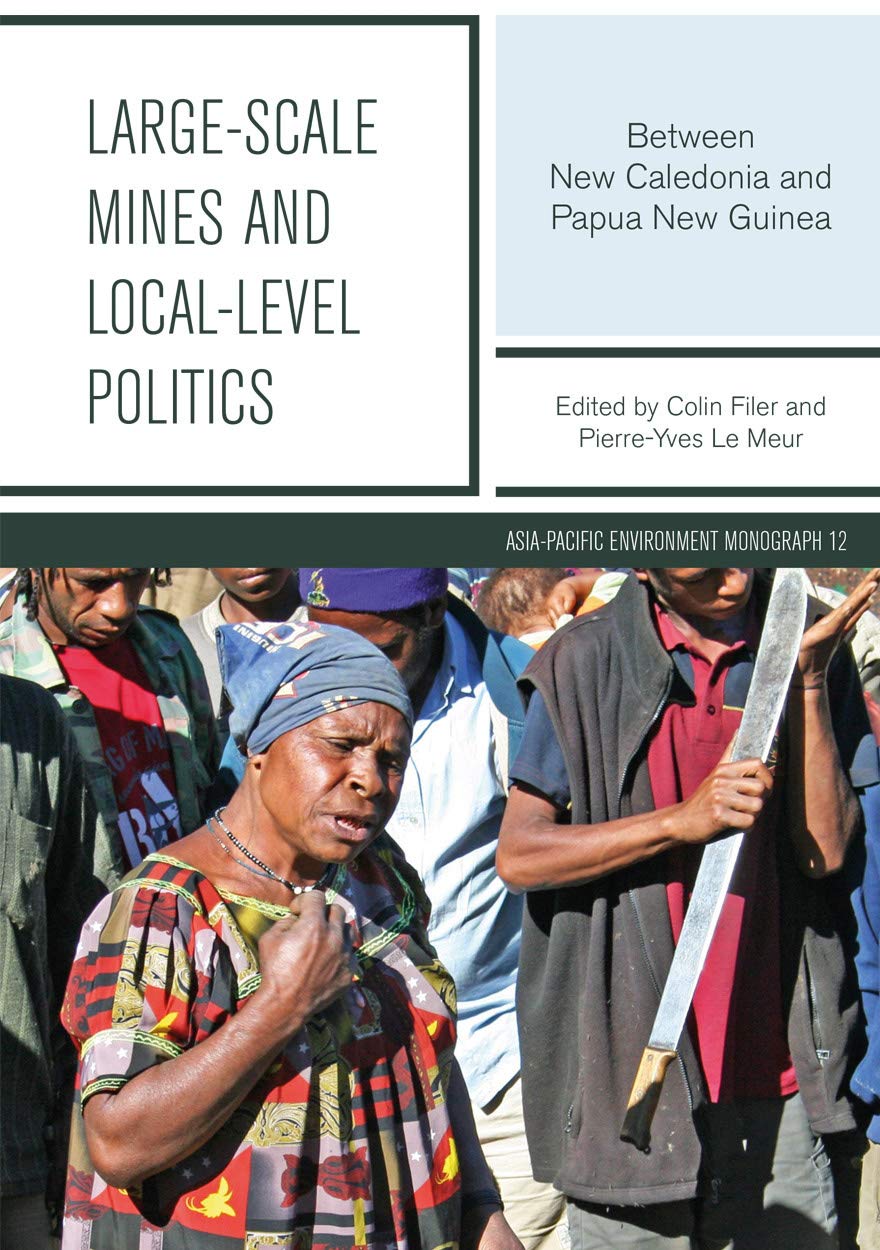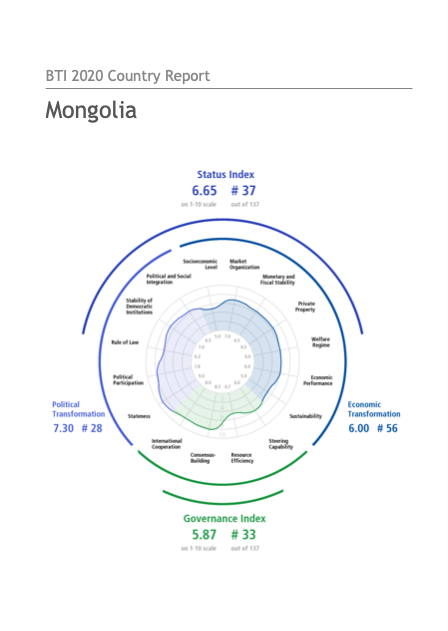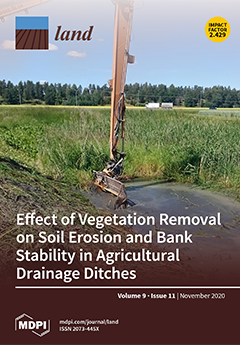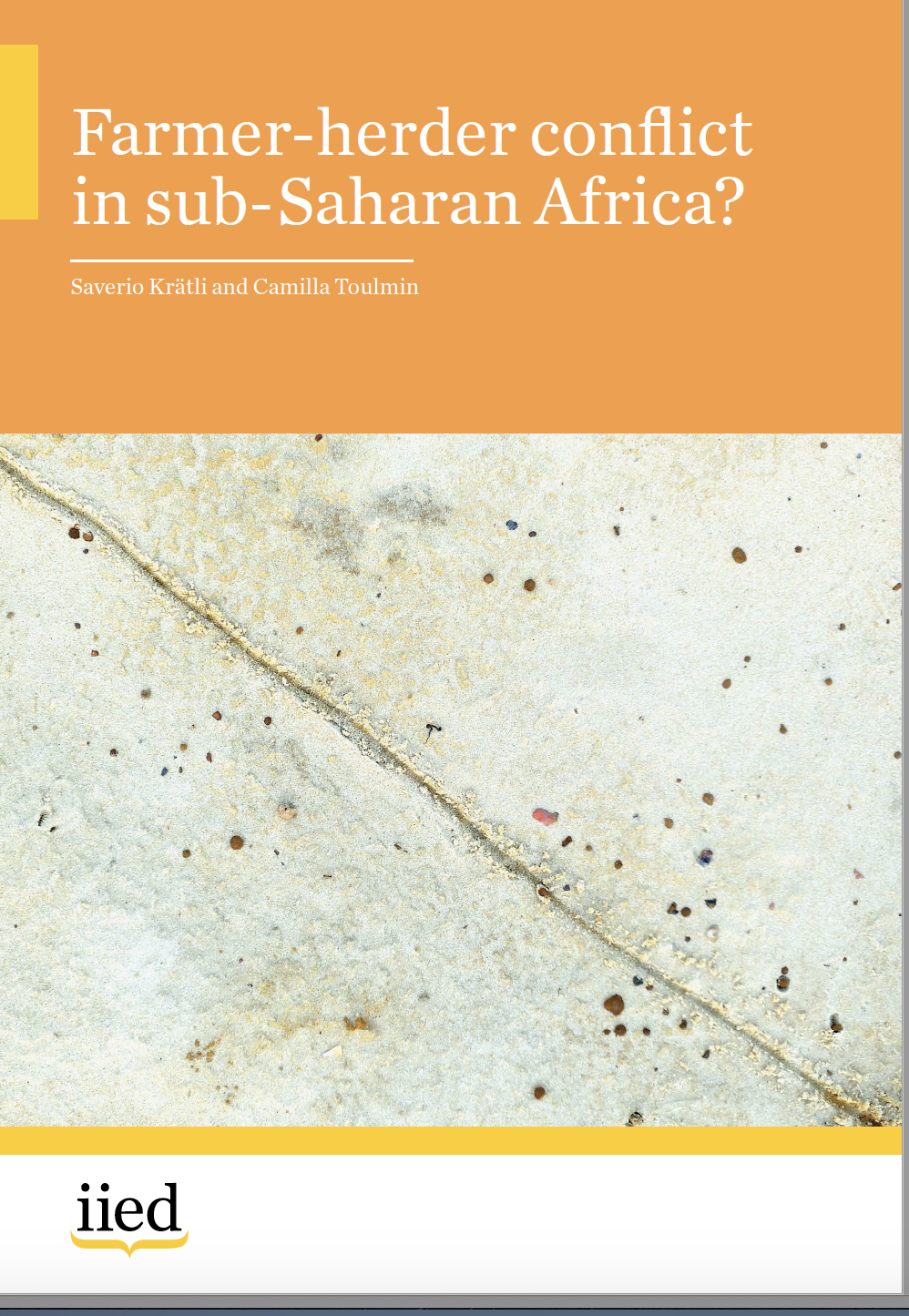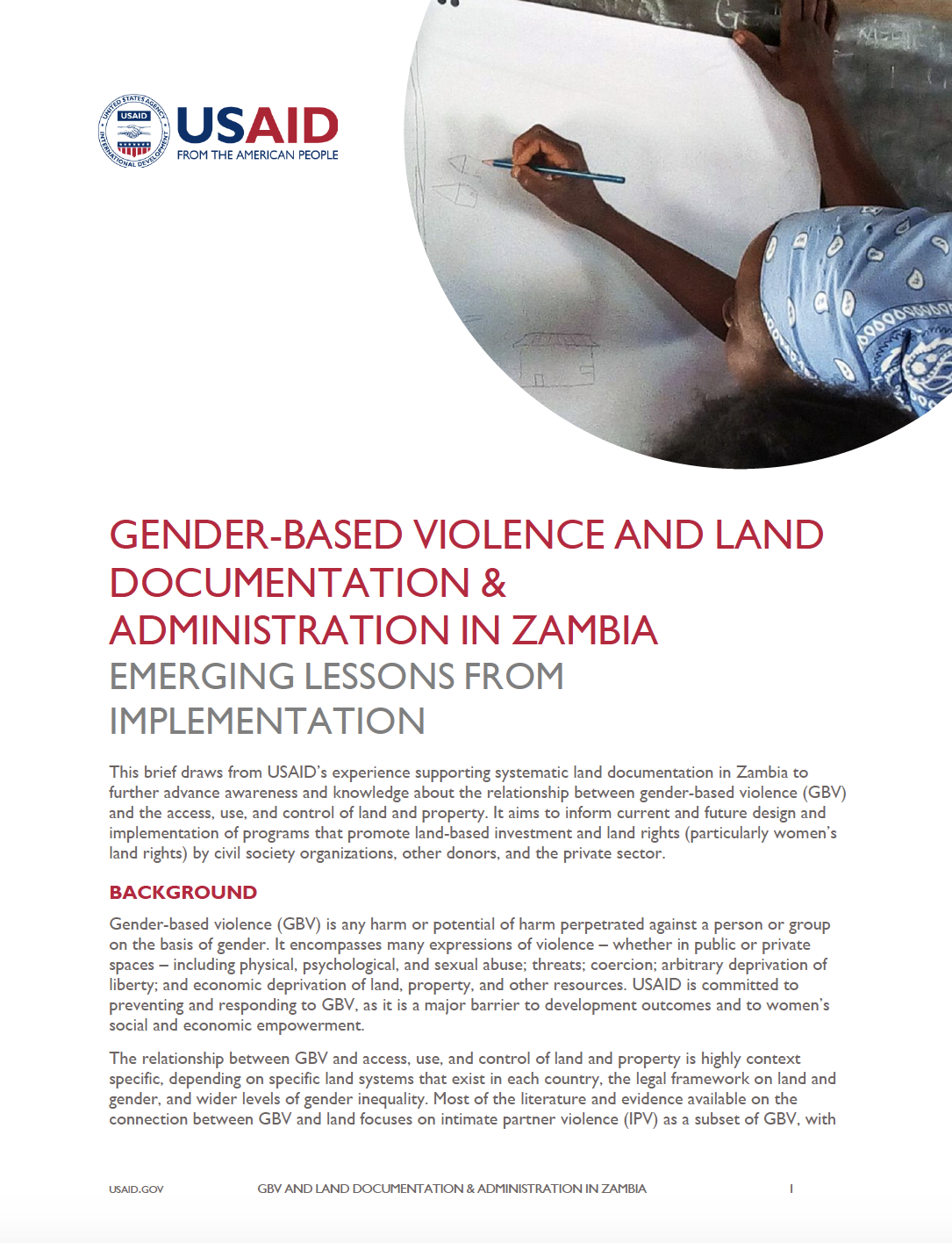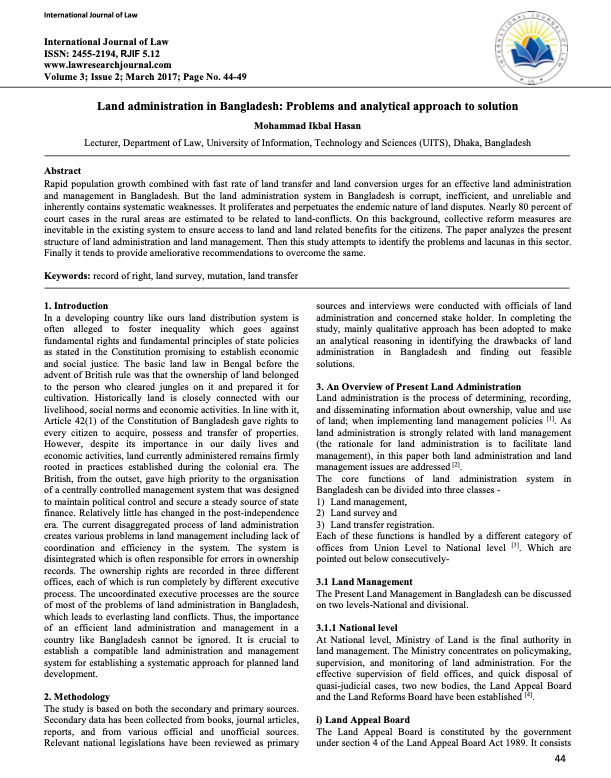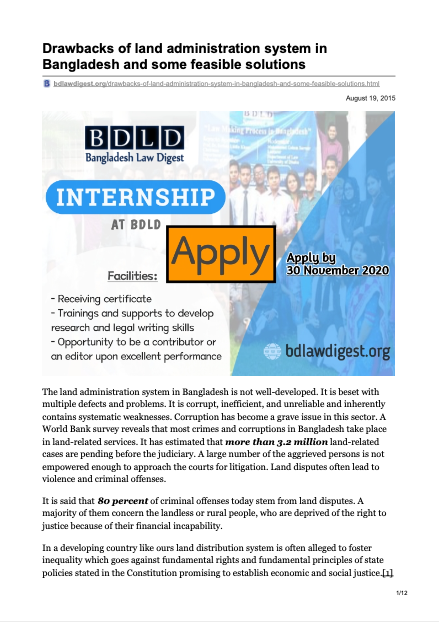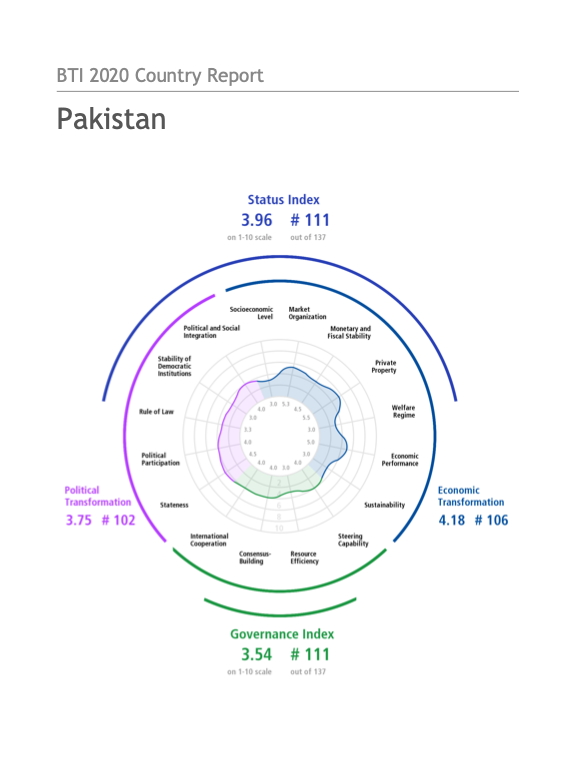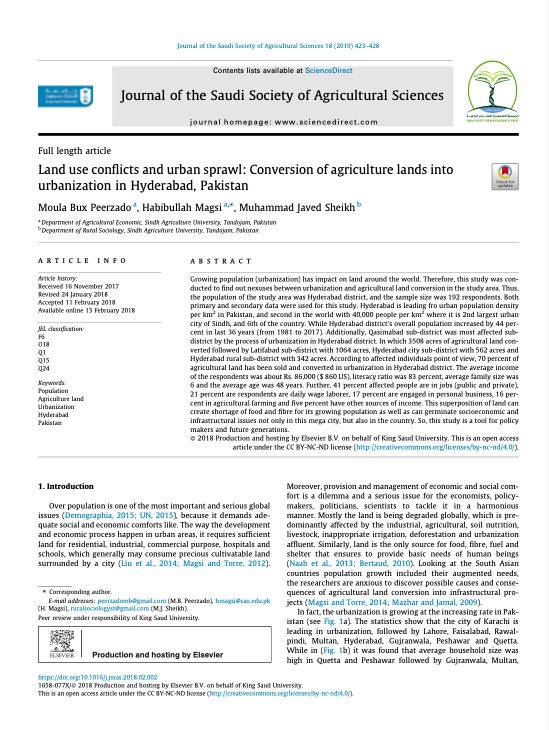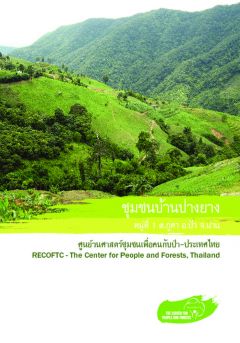Large-scale Mines and Local-level Politics: Between New Caledonia and Papua New Guinea
Despite the difference in their populations and political status, New Caledonia and Papua New Guinea have comparable levels of economic dependence on the extraction and export of mineral resources. For this reason, the costs and benefits of large-scale mining projects for indigenous communities has been a major political issue in both jurisdictions, and one that has come to be negotiated through multiple channels at different levels of political organisation.

